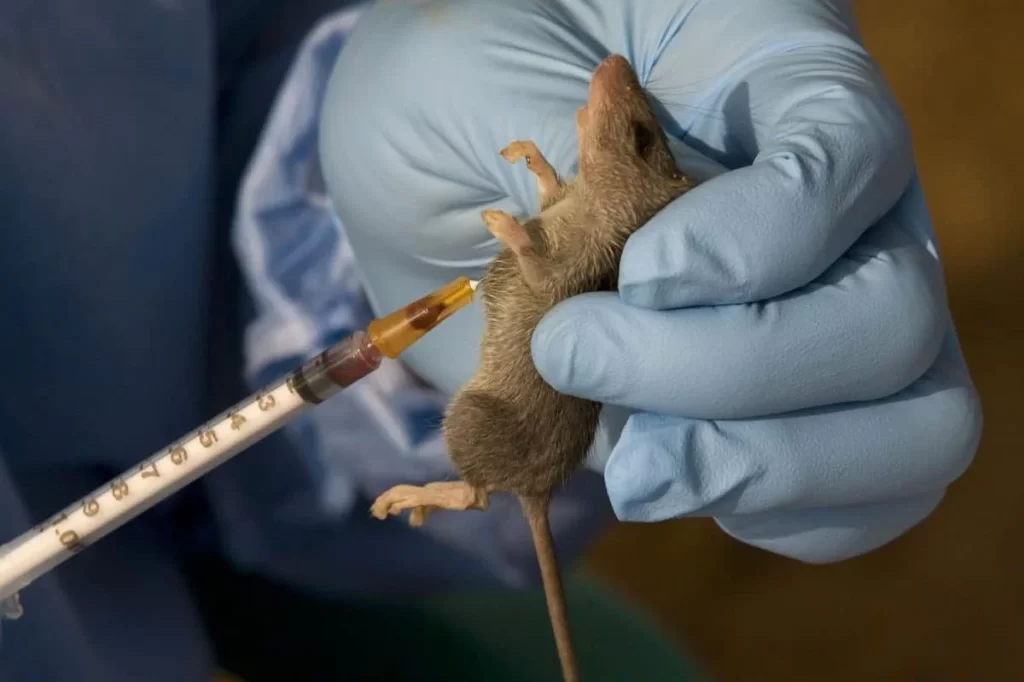Nigeria is grappling with a surge in Lassa fever-related deaths, as the Nigeria Centre for Disease Control and Prevention (NCDC) has confirmed 145 fatalities as of the 25th Epidemiological Week in 2025, signaling an alarming rise in the case fatality rate from 17.6 per cent in 2024 to 18.6 per cent this year.
According to the NCDC’s latest situation report released in Abuja on Saturday, a total of 781 confirmed cases have been recorded out of 5,943 suspected infections spread across 101 Local Government Areas in 20 states.
Notably, the virus has now reached Lagos State, intensifying fears of wider transmission into densely populated urban centres.
The report showed that five states accounted for the bulk of the infections: Ondo (31%), Bauchi (24%), Edo (17%), Taraba (16%), and Ebonyi (3%). The NCDC noted that young adults aged between 21 and 30 are the most affected demographic, with males slightly more impacted than females in a 1:0.8 ratio.
In the most recent week under review—June 16 to 22—10 new confirmed cases were recorded in Ondo and Edo states, up from eight in the preceding week.
Despite a decline in the overall number of cases compared to the previous year, the increasing fatality rate has alarmed public health experts. The NCDC attributes the spike to late presentation of cases, poor health-seeking behaviour, and the high cost of treatment in many facilities.
“No new healthcare worker infection was recorded this week,” the agency noted, “but 23 health personnel have been infected so far this year.”
To stem the outbreak, the NCDC said it is working closely with partners including the World Health Organization (WHO), the US Centers for Disease Control and Prevention (US CDC), ALIMA, and the Institute of Human Virology Nigeria (IHVN).
Integrated clinical trials are ongoing in Ondo State, while After Action Reviews (AARs) have been conducted in Ondo and Ebonyi to assess response effectiveness.
The agency has also intensified community engagement campaigns, infection prevention sensitisation for clinicians, and environmental health interventions in hotspots.
Ten national rapid response teams have been deployed across affected states under a “One Health” approach, integrating human, animal, and environmental health systems.
Efforts to curb the spread include the launch of an Infection Prevention and Control (IPC) e-learning platform and the dissemination of updated Viral Hemorrhagic Fever (VHF) guidelines to health institutions nationwide.
Other initiatives include active contact tracing, media sensitisation, geospatial risk mapping, and nationwide capacity-building webinars for clinicians.
However, challenges such as poor sanitation and low community awareness continue to hamper containment efforts, especially in high-burden LGAs.
The NCDC urged Nigerians to adopt preventive measures such as maintaining proper hygiene, avoiding contact with rodents, and seeking early medical care when symptoms like fever, sore throat, vomiting, or bleeding arise.
First identified in Lassa town, Borno State, in 1969, Lassa fever is endemic in Nigeria and West Africa. It is transmitted to humans through contact with food or household items contaminated with rodent urine or feces.
The disease can range from mild flu-like symptoms to severe complications like bleeding from the mouth and nose, with about 20 per cent of confirmed cases resulting in death, particularly among pregnant women and healthcare workers. Survivors often suffer from complications, the most common being permanent hearing loss, which affects up to 25 per cent of patients.
Despite its deadly nature, Lassa fever remains one of the most neglected tropical diseases, with limited funding for prevention, treatment, and vaccine research.
Although no vaccine is currently licensed for use, around 20 candidates are undergoing development, with the most advanced in Phase IIa clinical trials.
Do you want to share a story with us? Do you want to advertise with us? Do you need publicity for a product, service, or event? Contact us on WhatsApp +2348183319097 Email: platformtimes@gmail.com
We are committed to impactful investigative journalism for human interest and social justice. Your donation will help us tell more stories. Kindly donate any amount HERE




